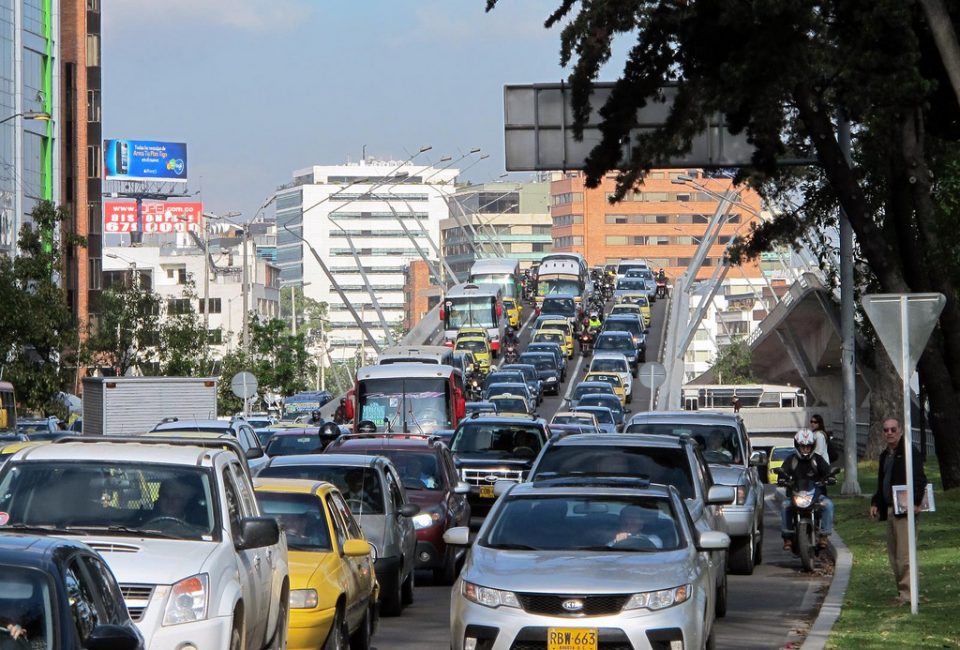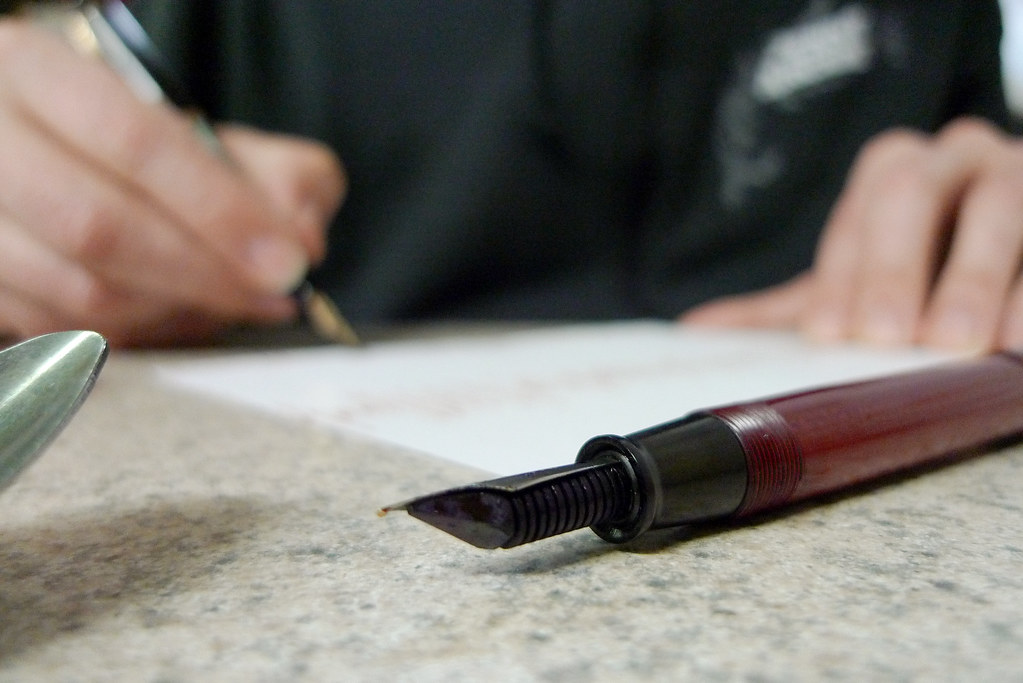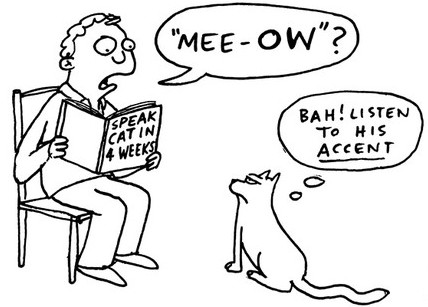
“In Bogotá we are used to traffic jams”
People often get confused when talking about habits from the past. Here are some top tips on how to master the skill and leave old mistakes behind.
A very common mistake for native Spanish speakers in English is misusing ‘used to’. This is because the Spanish verb soler can be used in any verb form. However, in English there are three different forms of the verb in different tenses: used to, be used to and get used to.
The verb has the same basic idea as soler. It can mean that things are common or normal, or refers to things that were a habit in the past but are not part of the things you do in the present. In English, it can also be used to describe things that were slightly unusual, but are now normal.
For Spanish speakers, its use causes communication problems because it is often not clear if something is in the past or present. For example,
“In Bogotá we used to wake up early”
means something from the past that doesn’t happen now. This person probably wants to say
“in Bogotá we are used to waking up early”,
meaning that this is the current way of life that we are accustomed to.
Past: used to + verb
This is a past tense. We use it for a past that is a long time ago – in childhood or years ago. It’s not a form you can use for the recent past. This form also means that the thing we are talking about is not true anymore. For example,
“Falcao used to have beautiful hair (but now he doesn’t)”.
We don’t always say the part that has changed, but it is always understood. It’s simple to make the form – see our box. It’s important to remember that negatives and questions have a small difference in spelling.
Present: be used to + verb + ing
This is a similar idea, but the meaning is very different. Again, we are talking about normal things. This time we are talking about something that wasn’t normal, but now is normal. It’s almost like a reverse of the past form. For example,
“In Bogotá we are used to traffic jams”,
or
“In England we are used to losing football matches.”
This is also easy to form. Notice that the verb is in the gerund form (-ing) this time. It is only necessary to change the verb ‘to be’, which you should be used to.
Related: More tips about English language learning.
A bit more advanced: different tenses
It’s also possible to change the verb ‘to be’ depending on the tense. For example, to talk about the future you can say
“I will be used to the Canadian cold after a year”.
This means that after one year of living in Canada, you will finally find the cold to be a normal part of your life. To talk in the past you can say,
“I wasn’t used to earthquakes before I went to Japan”.
In this context, before going to Japan, you thought earthquakes were not normal. After living in Japan, you were accustomed to them. It’s common to use the infinitive with modal verbs.
“Camila should be used to eating spicy food after a month in Mexico.”
A bit more advanced: get used to + verb + ing
If we want to talk about the process rather than the fact, we use ‘get used to.’ This focuses the expression on the process and not the state. It’s something a bit more personal.
“Get used to the rain, mate. It’s October.” “
Everyone gets used to the altitude eventually.”
Again, it’s possible to change the verb get for different tenses. It’s absolutely normal to hear something like
“I got used to the altitude after two weeks in Bogotá”.
It’s also very common with infinitives.
“You need to get used to the discipline”
or
“You should get used to listening more carefully, cloth ears.”
| Past: used to + verb | |||||||
|---|---|---|---|---|---|---|---|
| I | used to / didn’t use to |
(verb) | Did | I | used to | (verb)? | |
| You | You | ||||||
| He/she/it | He/she/it | ||||||
| We | We | ||||||
| They | They | ||||||
| Present: be used to + verb +ing | |||||||
|---|---|---|---|---|---|---|---|
| I | am (not) used to | (verb + ing) or (noun) |
Am | I | used to | (verb + ing)? or (noun)? |
|
| You | are (not) used to | Are | You | ||||
| He/she/it | is (not) used to | Is | He/she/it | ||||
| We | are (not) used to | Are | We | ||||
| They | are (not) used to | Are | They | ||||




